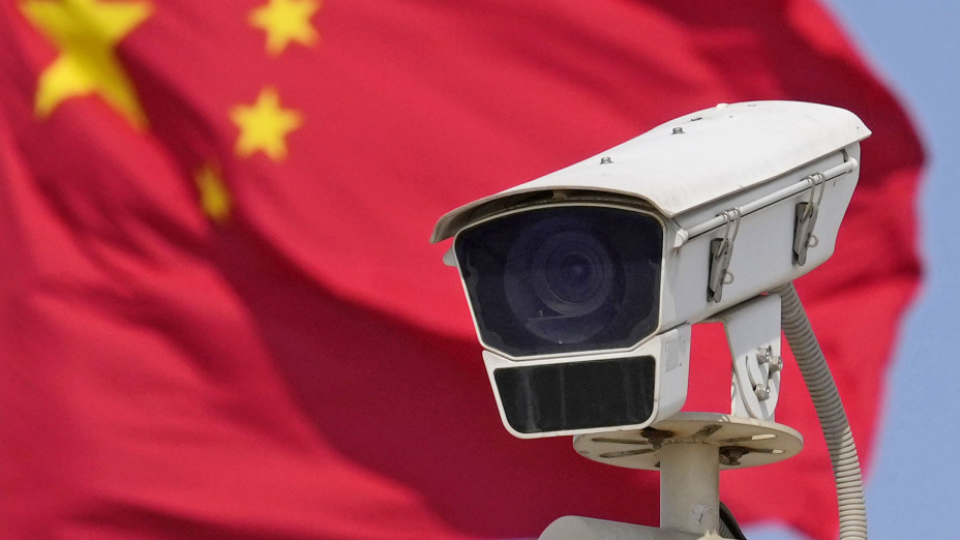- China implemented new regulations on Monday under its toughened counterespionage law, which enables authorities to inspect smartphones, personal computers and other electronic devices, raising fears among expatriates and foreign businesspeople about possible arbitrary enforcement.
- A Japanese travel agency official said the new regulations could further prevent tourists from coming to China. Some Japanese companies have told their employees not to bring smartphones from Japan when they make business trips to the neighboring country, according to officials from the companies.
The new rules, which came into effect one year after the revised anti-espionage law expanded the definition of espionage activities, empower Chinese national security authorities to inspect data, including emails, pictures, and videos stored on electronic devices.
Such inspections can be conducted without warrants in emergencies. If officers are unable to examine electronic devices on-site, they are authorized to have those items brought to designated places, according to the regulations.
It remains unclear what qualifies as emergencies under the new rules. Foreign individuals and businesses are now expected to face increased surveillance by Chinese authorities as a result of these regulations.
A 33-year-old British teacher told Kyodo News at a Beijing airport Monday that she refrains from using smartphones for communications. A Japanese man in his 40s who visited the Chinese capital for a business trip said he will “try to avoid attracting attention” from security authorities in the country.
In June, China’s State Security Ministry said the new regulations will target “individuals and organizations related to spy groups,” and ordinary passengers will not have their smartphones inspected at airports. However, a diplomatic source in Beijing noted that authorities’ explanations have not sufficiently clarified what qualifies as spying activities.
Last week, Taiwan’s Mainland Affairs Council upgraded its travel warning for mainland China, advising against unnecessary trips due to Beijing’s recent tightening of regulations aimed at safeguarding national security.
In May, China implemented a revised law on safeguarding state secrets, which includes measures to enhance the management of secrets at military facilities.



Pretty sure that’s just a US thing (including declaring that international airports are “borders”). Other countries will have other laws.
Still best to bring a burner instead of your real device if you’re passing through international customs, though, even if both countries involved claim to be respectable Western democracies. Just in case.
My understanding is that if you going through customs they can do it in any jurisdiction… but you are right US is extra degenerate in its application of this law because it covers 80% of population lol since we all live 100 miles from border or airport
clever
Pretty much any country can search you at their borders if you’re seeking to cross in, yes (there may be some special cases—I’m not sure that an EU citizen crossing from one EU country to another is normally subject to search), but most countries only do that at border checkpoints, or if you’re caught crossing illegally. “More than an hour’s drive away from the border is still the border” is not the law in most places, as far as I know.